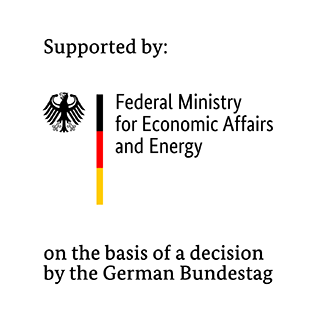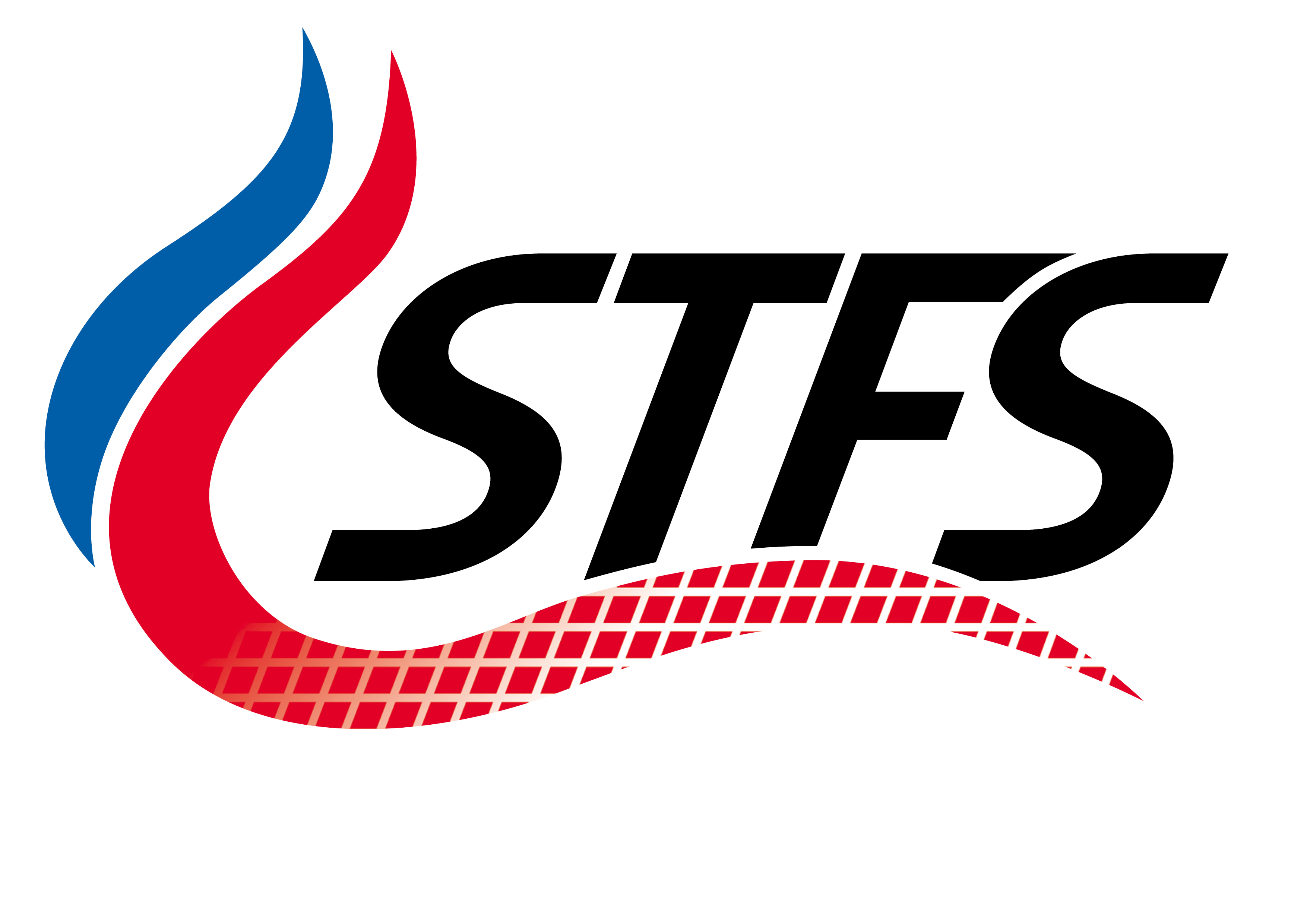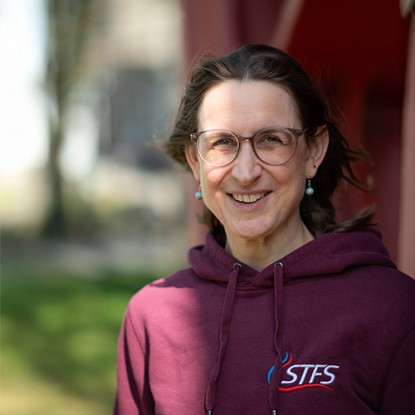As part of this research project, a comprehensive experimental-numerical benchmark platform was created to support the industrial use of scale-resolving engine simulations. The focus was on ignition timing and early flame propagation. To this end, the processes in the cylinder were examined and analyzed in detail using a combination of high-resolution optical measurement methods and simulations. The investigations included operating points with different injection strategies and ignition timings, which are relevant for catalytic heating. High-speed particle image velocimetry (PIV) for flow field measurement and flame visualization, Mie scattering for spray characterization and laser-induced fluorescence (LIF) for visualization of the mixture field at the ignition point were used experimentally. In parallel, a simulation workflow was developed and scale-resolved large-eddy simulations (LES) and Reynolds-averaged Navier-Stokes simulations (RANS) of the operating points were carried out on the basis of the experimentally determined boundary conditions.
Results
The results showed good agreement between experiment and simulation. The observations showed that early injection has a considerable influence on the cylinder internal flow and shifts the tumble away from the spark plug toward the exhaust side. The investigations also revealed a strong dependence of flame propagation on local flow structures. In general, the flame spreads toward the inlet at all operating points. Late injection was able to stabilize the early flame propagation and thus reduce the generally higher cyclical fluctuations of the late ignition operating points.
The combination of experimental data and numerical simulations into a benchmark data set is an important resource for the evaluation and validation of models and simulation tools and offers the possibility to evaluate and optimize simulation workflows. These optimized simulation tools form an essential basis for a time- and cost-efficient development of future combustion engines, especially against the background of the multitude of new CO2-free or CO2-neutral fuels currently under discussion.
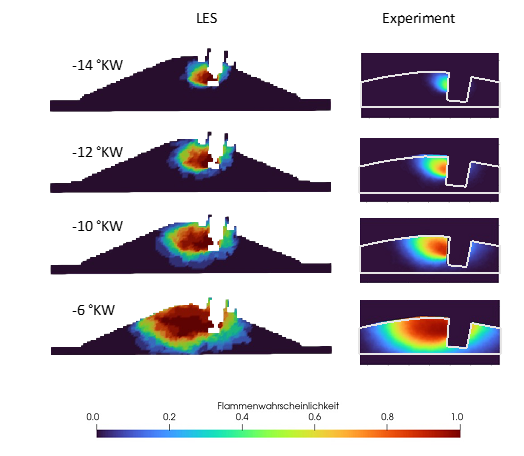
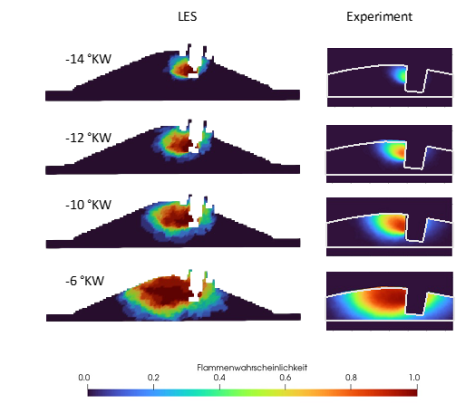
Acknowledgement / Funding
The research project was funded by the Federal Ministry for Economic Affairs and Energy (BMWi) via the German Federation of Industrial Research Associations (AiF) as part of the program for the promotion of joint industrial research (IGF No. 20909 N) on the basis of a resolution of the German Bundestag. The final report of the project can be obtained from theFVV e.V. // Science for a moving society (postal address: Lyoner Str. 18, 60528 Frankfurt am Main, e-mail: info(at)fvv-net.de, phone: +49 69 6603 1345).
